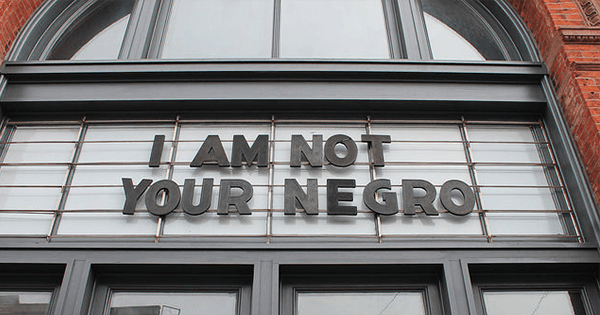
If there is one thing I have learned in the era of Brexit and Trump—and possibly Marine Le Pen—it is this: the paradox of liberal democracies is that they create the very conditions of their own destruction. The melting-pot multiculturalism that made the Obama administration not only possible but also wildly successful is, as Andrew Sullivan wrote last spring,
… for many people, the fairest of regimes. The freedom in that democracy has to be experienced to be believed—with shame and privilege in particular emerging over time as anathema. But it is inherently unstable. As the authority of elites fades, as Establishment values cede to popular ones, views and identities can become so magnificently diverse as to be mutually uncomprehending. And when all the barriers to equality, formal and informal, have been removed; when everyone is equal; when elites are despised and full license is established to do ‘whatever one wants,’ you arrive at what might be called late-stage democracy.
When this happens, as we are seeing now, the regression to brute tribalism is breathtakingly swift. It is how Republican congressman Steve King can tweet: “We can’t restore our civilization with somebody else’s babies.”
Recently, while rewatching Raoul Peck’s documentary about the life of James Baldwin, I Am Not Your Negro, I was struck anew by an excerpt from his famous Cambridge University debate against William F. Buckley, Jr. “The people who are denied the American dream,” he said—though we might say the same thing of various European or other nationalistic fantasies—“by their very presence will wreck it so long as they are denied.” This reminds me of something that the writer John Edgar Wideman told me when I asked him whether he believed in the possibility of transcending racist tribalism and hatred. “Not to get dramatic about it,” he laughed, “but you may be looking at a fatal flaw” in the human condition.

